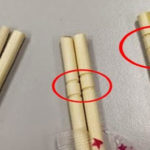Food storage containers are an essential item for every household. However, after prolonged use, plastic containers will deteriorate and no longer guarantee food safety. Therefore, if your plastic container shows any of the following signs, it’s time to replace it!
1 The container no longer seals properly
If your food storage container can no longer seal properly or if the lid is missing, it’s time to get a new one. A loose lid will allow bacteria and insects to easily invade the food, posing a health risk to you and your family.
You should prioritize choosing containers made of high-quality materials with tight-fitting lids to ensure safety.
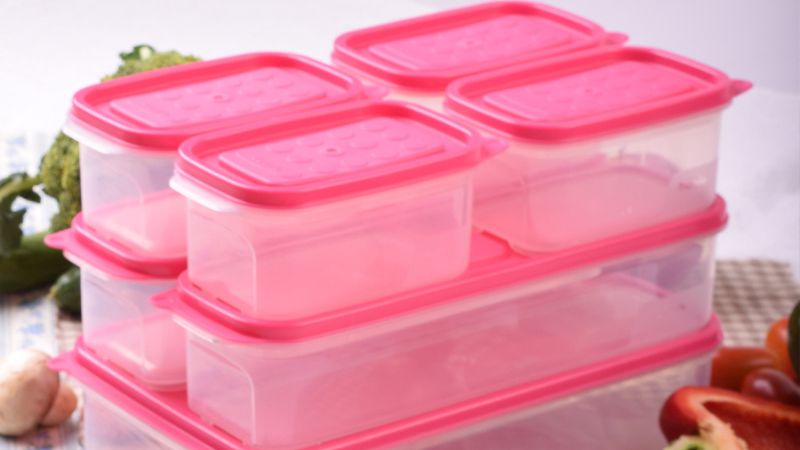 Choose containers made of high-quality materials with tight-fitting lids
Choose containers made of high-quality materials with tight-fitting lids
2 The container is excessively faded or cracked
Food storage containers may fade due to oxidation, leading to the breakdown of molecules in the product, especially when there are color additives in the plastic. Using improper cleaning agents or leaving the container under direct sunlight for too long can also contribute to this problem. Experts recommend opting for white plastic containers as darker colors are more prone to chemical contamination and may encounter issues when exposed to high temperatures, potentially affecting health.
Cracked containers can easily cause food to spill out and are difficult to clean. Therefore, it is crucial to recycle or replace these containers to preserve food and ensure health and safety.
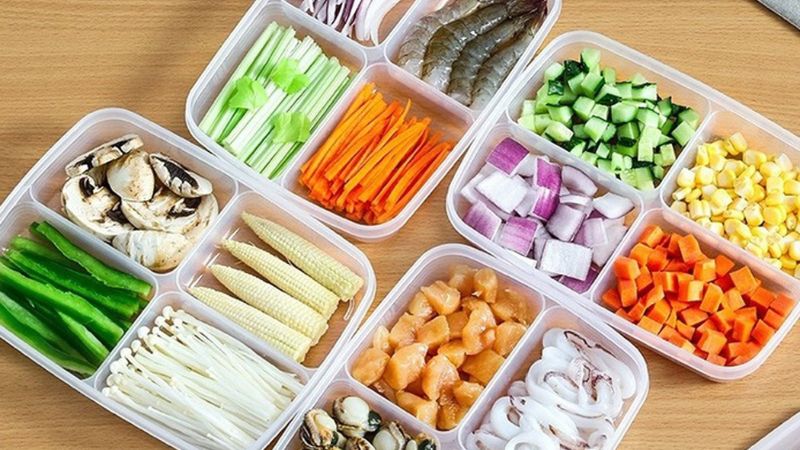 Experts recommend opting for white plastic containers
Experts recommend opting for white plastic containers
3 The container has a strange odor
If you have thoroughly cleaned the container after use but it still has a strange odor, it may be due to reasons such as excessively hot food, poor plastic quality, long-term use of the container, or inadequate cleaning leading to the accumulation of residues after each use.
The foul smell can directly affect the quality of the food. In this case, you may try cleaning more thoroughly with . If the container remains unclean and the odor persists, it’s probably time to retire that container and look for a replacement.
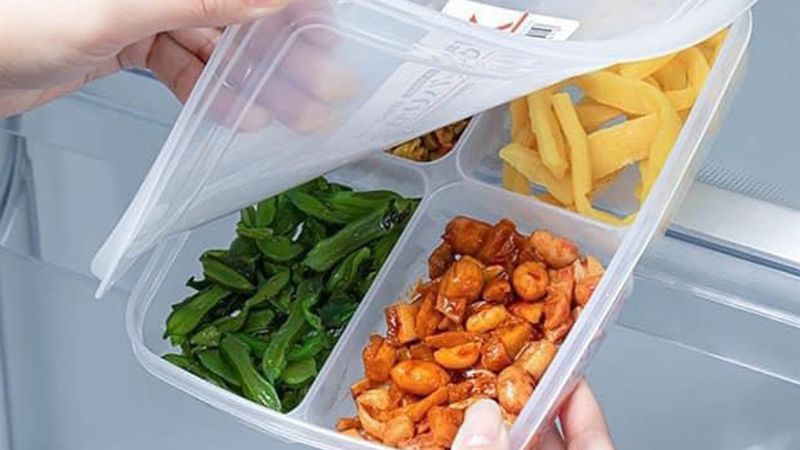 Avoid using containers with strange odors
Avoid using containers with strange odors
4 Persistent mold growth inside the container
If you frequently leave your plastic container in a humid environment, fail to clean it thoroughly, stack containers on top of each other, or don’t use it for an extended period of time… then no matter how high-quality your storage container is, it will eventually develop mold and harbor bacteria.
When a plastic container reaches this state of deterioration, it’s best to replace it to ensure the health and well-being of your family.
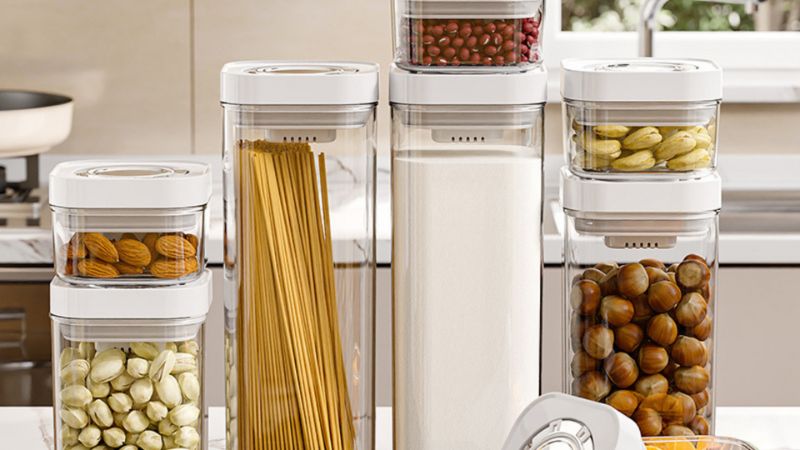 Replace containers with mold growth
Replace containers with mold growth
Above are 4 signs indicating that you should replace your food storage containers that we want to share with you. We hope this article has provided you with useful information.
Exploring the Pros and Cons of Sleeping in an Air-Conditioned Room
Is sleeping with an air conditioner a good idea? As concerns over the adverse effects of air conditioning on our health increase, it’s important to understand the risks and rewards of using air conditioning while sleeping. Let’s examine the benefits and drawbacks of sleeping with an air conditioner, and the protective measures one should take.
























